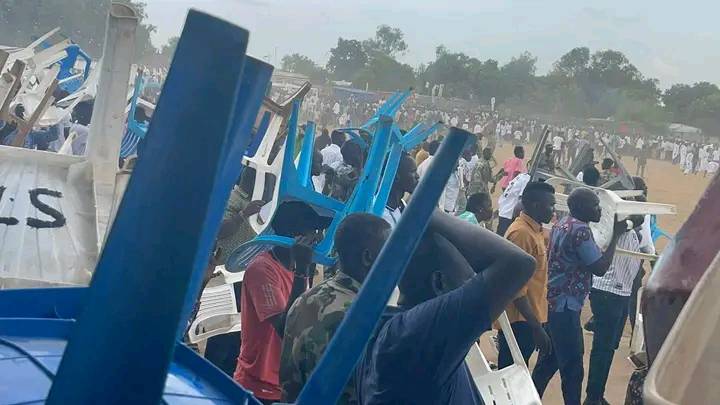
South Sudan’s passion for football offers more than sport—it can be a powerful tool for peace. Yet, as this case study shows, the way tournaments are structured determines whether they build unity or fuel division.
Key Findings
- Traditional formats fail: County- or ethnic-based tournaments often reinforce rivalries, corruption, and violence.
- Mixed-team models succeed: The 2025 Tonj Super League proved that blending players across counties fosters friendships, reduces bias, and strengthens trust.
- Governance matters: Transparent, inclusive, and professional management is essential for credibility and sustainability.
- Community ownership: Grassroots involvement is critical for lasting peace dividends.
The Proposed Solution: Bhar El Ghazal Counties Peace Tournament (BCPT)
- 23 mixed-county teams, creating a shared regional identity beyond narrow allegiances.
- Neutral governance through an Organizing Support Committee (OSC) with equal representation.
- Peace-first design with transparent player drafts, neutral venues, and community-led engagement.
Why It Matters
- Short-term: Safer games, fairer competition, and reduced violence.
- Medium-term: Stronger inter-county trust and youth leadership.
- Long-term: A united Bhar El Ghazal and a model for peace across South Sudan.
👉 Download the full 22-page case study below to explore lessons from five tournaments and the full blueprint for building peace through football.

Leave a Reply